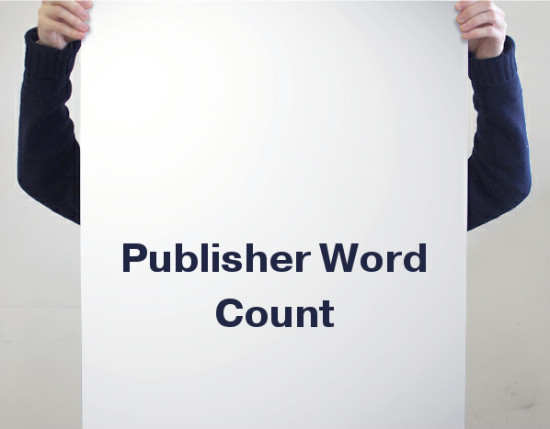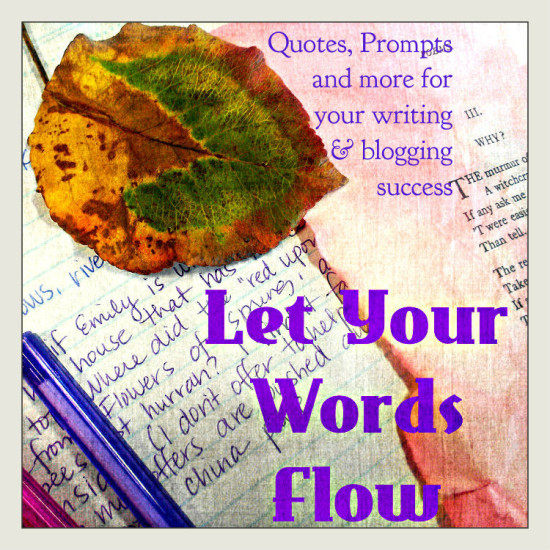How Many Pages Are There in the Bible?

What books of the bible have been included?
If one were to take a look at the Catholic bible, for example, the additional books of the Apocrypha (religious texts not found in most bibles) would have to be included. The Apocrypha alone would add a substantial number of pages when compared to a standard bible, such as the King James edition.
While most bibles do not include the Apocrypha, they are at least comprised of both the New and Old testaments. Unfortunately, the rule does not apply to The Living Bible. This version of the bible only includes the New Testament. A bible of this nature would end up having far fewer pages. Since different bible editions include different writings, each edition differs in the number of pages it has.
The format of the bible
Bibles with no pages are more common than you think. In some circles, bibles with no pages are quite the rage. Electronic or digital versions of the bible, without any physical pages, can be easily acquired be being downloaded from the internet or shared via memory cards, CD’s etc.
But there are other factors that influence the number of pages found in any bible. Font, spacing, page width and height; margins and other print related issues would most certainly cause variation in the number of pages in a bible (and why most teachers make assignments by word count instead of page count). A large font, typed in bold and with double spacing would obviously require more pages. The opposite approach, using a small font with single spacing, would require fewer pages. The exact same bible with the exact same number of words will often have a different number of pages depending on how the publisher took these into account.
The specific version of the bible
Certain languages and translations will also impact on how many pages there are in the bible. Great discrepancies can occur even among similar versions. The King James Version of the bible may have more pages than the Revised Standard Version or the New American Standard Version.
Because the number of pages in different bibles varies so dramatically, the name of the book in the bible being referenced, the chapter and verse number help us to be “on the same page” when discussing a biblical text. Biblical scholars realized that different versions and translations of the bible could impede research. Page 20 of my King James Version may be completely different to page 20 of your more modern version. This would lead to confusion.
By slicing the bible into chunks, research can be more accurate. In fact, you can go to an exact phrase in the bible. It’s a system applauded by scholars.
On average, how many pages are in the bible?
If you took a run of the mill, everyday bible, and you managed to count all the pages, you would have the following:
The Old Testament has 929 chapters. It has 23,214 verses which comprise roughly 622,700 words. The New Testament consists of 260 chapters, divided into 7,959 verses or roughly 184,600 words. This would give our typical bible 1,189 chapters. These are made up of 31,173 verses and using a rough word count, this amounts to 807,370 words, although the King James Authorized Bible has 783,137 words.
Using a standard font, the average bible has around 1,200 pages. As a book, the bible is as thick as “The Lord of the Rings” and similar fantasy novel epics. The difference is that the bible contains history and philosophy, and can be used for spiritual guidance. And that, I believe, is the best answer you will ever get to this question.
(Photo courtesy of Ryk Neethling)



